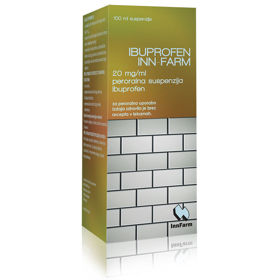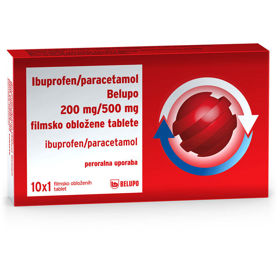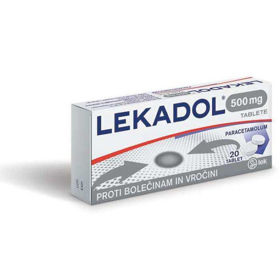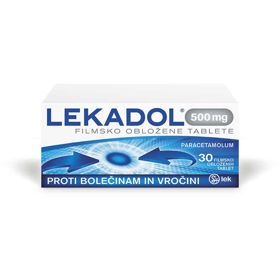Customer question:
Which antibiotic is best for treating cystitis? Can I also help myself with homemade preparations? Question from an anonymous customer
Pharmacist's answer:
Your doctor will prescribe an antibiotic to treat your bladder infection based on the type of bacteria found during urine tests. To properly treat the infection, it is essential to take all the antibiotics your doctor prescribes and to take the treatment exactly as prescribed.
Some commonly used antibiotics are:
- Nitrofurantoin
- Sulfonamides (sulfanilamides)
- Amoxicillin
- Cephalosporins
- Trimethoprim/sulfamethoxazole
- Quinolones such as ciprofloxacin
However, research also supports using some home tactics to treat bladder inflammation. Some self-help types have been part of traditional medicine for thousands of years. Follow the tips below to help ease discomfort during treatment:
Stay hydrated
Drinking adequate water (at least 1.5 L per day) helps the organs of the urinary tract to efficiently remove toxins from the body while maintaining nutrients and electrolytes. In addition, hydration dilutes the urine and speeds up its journey through the system, making it harder for bacteria to reach and infect the cells lining the urinary organs.
Urine when the need arises
Frequent urination can help flush bacteria from the urinary tract. Also, this kind of care reduces the time that bacteria in the urine are exposed to the cells of the urinary system itself, limiting the risk of them attaching to and infecting them. Urinating as soon as possible after the urge appears can help prevent bladder inflammation.
Drink cranberry juice
Cranberry juice is one of the most established home remedies for bladder inflammation. Cabbage contains polyphenols and antioxidants. There are no set guidelines on how much cranberry juice you should drink to treat an inflamed bladder, but you could drink about 400 milliliters of 100% cranberry juice with no added sugar each day to support the problem.
Eat microorganisms
Microorganisms exist in dairy and fermented products, including yogurt, kefir, cheese, and sauerkraut. You can also use nutritional supplements, usually in capsules or powder mixed with water or other drinks.
Ensure healthy hygiene habits.
Preventing an inflamed bladder starts with some good intimate hygiene habits. It is essential not to hold urine for too long, as this can lead to the accumulation of bacteria, leading to infection. Urinating after intercourse reduces the risk of urinary tract infections by preventing the spread of bacteria.
In addition, those prone to urinary tract infections should avoid using spermicides, as such use is associated with a higher frequency of urinary tract infections.
When you use the toilet, wipe from front to back. Wiping from back to front can spread bacteria into the urinary tract and is associated with an increased risk of infections.
Interesting reading: Baking soda bladder inflammation
Interesting reading: What antibiotic for bladder inflammation













